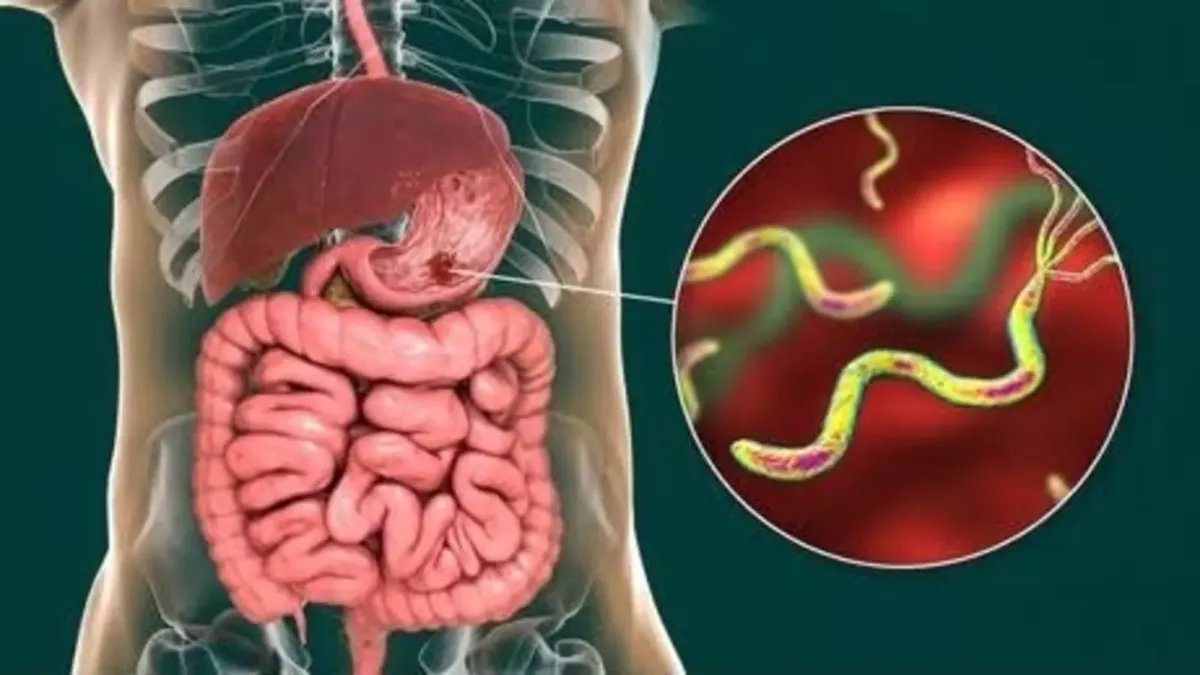What Are the Signs and Symptoms of an Ulcer?

If you suspect that you might have an ulcer, you may want to have a blood test. It will detect bacteria and measure the antibodies in your blood that your body produces to fight off invading bacteria. The test is inexpensive and can be performed in a medical office. However, even if you've never had an ulcer, you could still test positive.
Symptoms
Ulcers form on the walls of the stomach and small intestine and can be life-threatening. They are caused by an imbalance of digestive juices. Several factors can cause ulcers, including excess alcohol consumption, pylori infection, radiation treatments, and illness. Knowing the signs and symptoms of an ulcer is critical to its treatment.
Bleeding from an ulcer can occur slowly or suddenly, depending on the severity of the disease. The resulting blood can cause hemorrhaging, which can be life-threatening. If ulcer bleeding is a symptom, seek emergency medical attention immediately.
Causes
Ulcers are open sores in the lining of the digestive system. They can cause internal bleeding and need to be treated in the hospital. Some patients do not experience any symptoms, while others may experience severe pain and discomfort. Whatever the cause, ulcers should be treated as early as possible, as they can negatively affect a person's quality of life. The most common symptom of an ulcer is abdominal pain. This pain occurs between the breastbone and the belly button, and it usually comes right after eating.
As soon as you feel stomach pain, call your doctor to see if it is an ulcer. If left untreated, an ulcer can become deeper and larger. This could lead to other complications in the digestive system, such as a hole in the wall of the stomach or duodenum. This can be very serious and leave a patient very ill. In addition to asking questions about your symptoms, your doctor may also order certain tests to rule out other causes.
Treatments
There are a variety of different treatments for ulcer pain. One of the most popular is an acid-blocking drug. These can be bought over-the-counter or prescribed. Antacids, such as famotidine (Pepcid AC), cimetidine (Tagamet HB), and nizatidine (Axid AR), reduce stomach acid and provide relief from symptoms. However, antacids can cause side effects, including diarrhea and constipation. Antibiotics can also be used to heal ulcers. In some cases, doctors also prescribe proton pump inhibitors (proton pump inhibitors).
Surgery is another option for treating ulcer pain. This is recommended for patients who have recurrent or life-threatening ulcers. In this procedure, a portion of the stomach is removed, including the vagus nerve, which controls the secretion of digestive fluids. This procedure generally cures ulcers and prevents them from returning. Lasers and endoscopic cautery are also effective treatments. Lasers and endoscopic cautery can reduce lesions and stop bleeding. They can also be used to treat ulcers that have strictures.
Complications
Ulcers are painful sores that develop in the stomach or duodenum. They can range in size from a few millimeters to more than an inch. The pain can be mild or severe. Although ulcers can cause discomfort, they can also lead to more serious complications. If you have an ulcer, it is important to see a physician as soon as possible.
The most common complications of ulcers are bleeding and infection. In the digestive tract, ulcers can lead to slow but continuous bleeding. This blood loss can cause anaemia, and can eventually damage the larger blood vessels in the digestive tract. If not treated promptly, bleeding may even lead to death.




